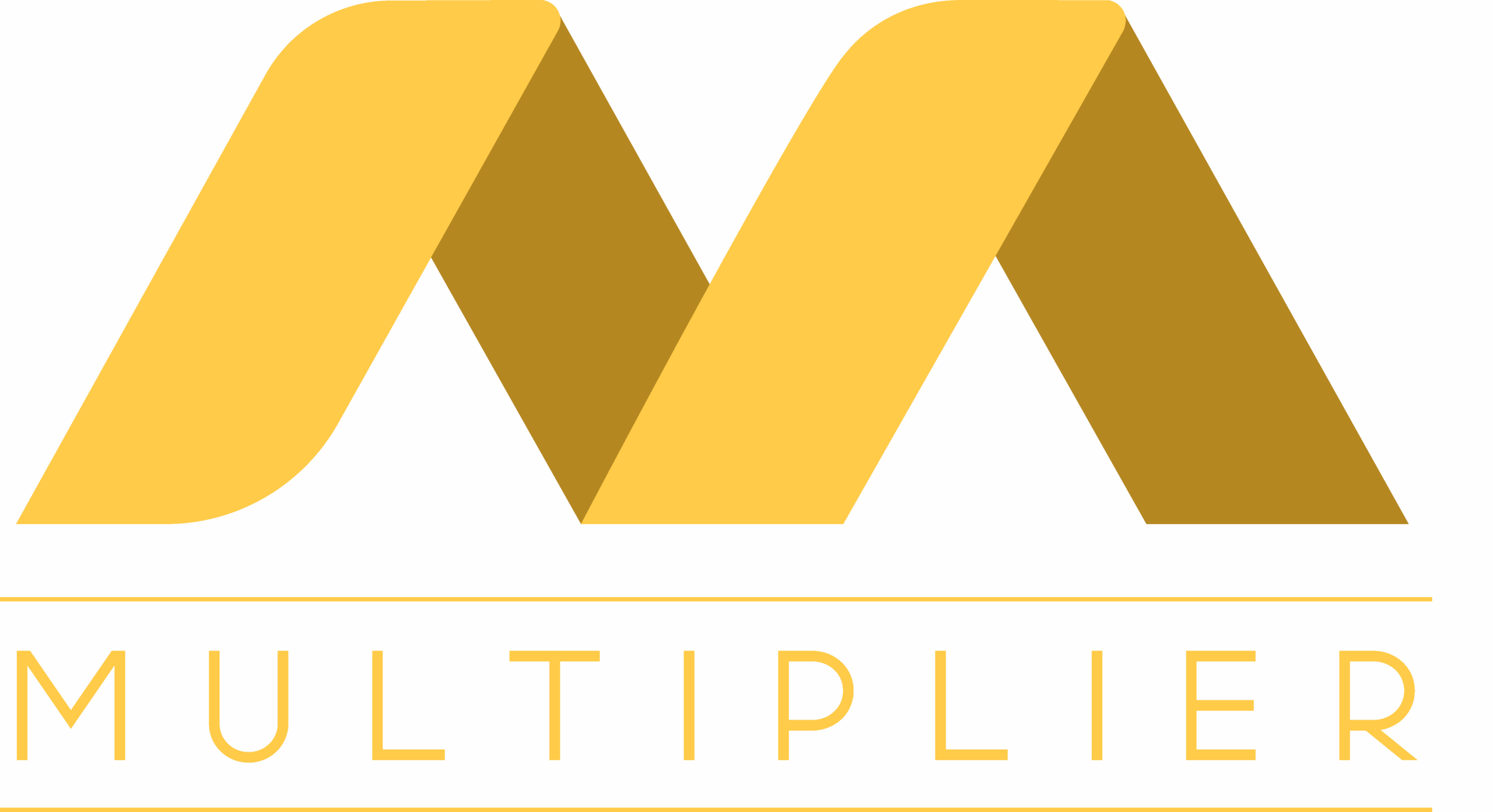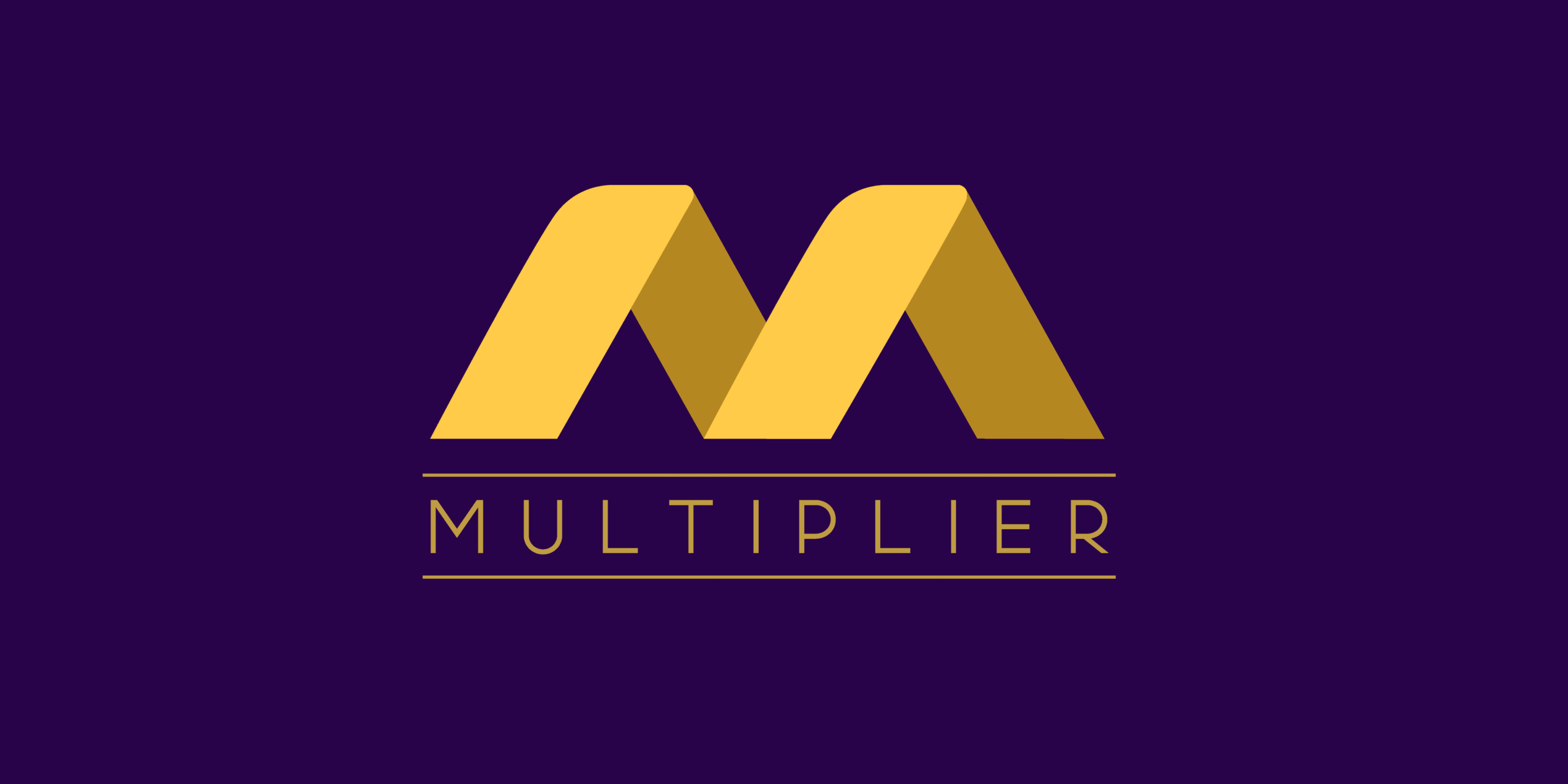New initiatives focus on multilingual data development and digital heritage preservation to ensure Europe’s diversity thrives in the AI era
Embracing Europe’s Cultural and Linguistic Diversity
Europe, home to over 200 languages and a vibrant cultural history, holds a treasure trove of stories preserved in its languages and heritage. However, as the digital landscape evolves, Europe faces the risk of its cultural and linguistic richness being overshadowed by English-dominated online content. Recognizing the implications for both culture and commerce, Microsoft is deepening its commitment to Europe’s digital future by launching two major initiatives aimed at expanding access to multilingual AI and digitally preserving European heritage.

Bridging Language Gaps for More Inclusive AI
Despite having 24 official languages and many regional ones, the European Union sees a vast underrepresentation of its languages online—many contributing less than 0.6% of web content. English, spoken as a first language by just 5% of the global population, dominates half of the internet and AI training data. This imbalance affects the performance of AI models, making them less accurate and more biased in underrepresented languages. Studies show that models like Llama 3.1 perform significantly better in English than in languages like Greek or Latvian. As a result, many rich and endangered European languages, such as Breton and Romansh, are at risk of being excluded from the AI-driven future.

Revitalizing Europe’s Cultural Identity Through Technology
To safeguard and digitally replicate iconic European landmarks and artifacts, Microsoft is broadening its Culture AI initiative. In partnership with the French Ministry of Culture and Iconem, a digital twin of Notre Dame will be created to preserve the cathedral’s architectural detail and legacy. Microsoft is also partnering with institutions like the Bibliothèque Nationale de France and the Musée des Arts Décoratifs to digitize cultural artifacts and theatrical model sets, making them accessible for education and AI-driven research.
Digital Inequality and Its Economic Consequences
Only 5% of the global population speaks English as a first language, yet English comprises half of all web content. Many EU languages, such as Greek, Finnish, and Latvian, remain underrepresented in AI training data, leading to reduced accuracy and increased bias in LLMs. This disparity limits the ability of European businesses and individuals to leverage AI tools, potentially stifling innovation and economic progress. Addressing this gap is essential for empowering all regions of Europe to compete in the digital economy.
Strengthening Local Language AI Development
To increase support for low-resource languages, Microsoft will collaborate with Common Crawl and Hugging Face to make annotated multilingual datasets publicly accessible. The MOIC and AI for Good Lab will fund data expansion and research efforts, provide Azure credits, and support post-doctoral research in Europe. These initiatives are designed to enable the creation of high-quality language datasets and more accurate LLMs that better reflect Europe’s diversity.
Boosting Research and Skill Development Across Europe
Microsoft is launching new academic collaborations with the University of Strasbourg and IE University in Spain. These partnerships will focus on responsible AI research and language technology, providing resources for joint projects and student capstones. Microsoft will also offer grants and technical support to researchers working on low-resource European languages, further contributing to the region’s digital transformation.
Enabling Cultural Institutions with Better Tools and Knowledge
In addition to expanding data access, Microsoft will offer support to cultural institutions facing a lack of digital skills. Through training, funding, and collaborative efforts, Microsoft aims to bridge this gap, enabling these institutions to preserve and share Europe’s cultural treasures with modern tools and AI-driven innovation.
Looking Ahead: A Shared Commitment to Europe’s Digital Future
Microsoft acknowledges that the work of preserving Europe’s linguistic and cultural identity must be led by Europeans. By contributing technology, expertise, and funding, Microsoft hopes to support ongoing efforts while ensuring all data and tools remain open and accessible. These steps are part of a broader vision to ensure AI reflects the richness of human experience and supports a future that honors every language and culture.















Leave a comment